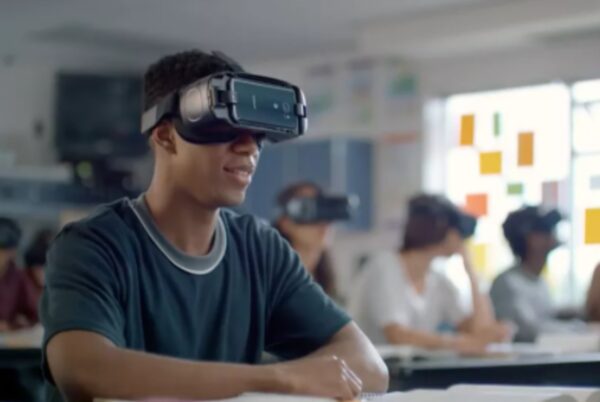Education is finding a place in the metaverse. And Clark Atlanta University has become the first Historically Black Colleges and Universities to solidify a place in the simulated digital environment that uses augmented reality, virtual reality and blockchain.

Clark Atlanta was recently awarded a nearly $12 million grant to establish a “Knowledge Metaverse” hub for its teachers and students. The virtual reality-focused platform EON Reality awarded the grant.
The Knowledge Metaverse is an immersive world. It combines the real world with digital information and extended reality, similar to immersive experiences.
The Knowledge Metaverse “amplifies access and engagement in learning by combining the real world with digital information and extended reality similar to immersive experiences that have become increasingly popular in arts, gaming and entertainment,” according to a school release,
The grant will allow Clark Atlanta University to improve learning and training among faculty and students. Thanks to EON Reality’s work, the Knowledge Metaverse will enable the university to “offer training to their faculty and students augmenting traditional in-person and online instruction.”
Clark Atlanta is the first HBCU to receive such a grant, and the school said the funding would allow them to “offer training to their faculty and students augmenting traditional in-person and online instruction.”
“As we accelerate our momentum, these essential partnerships support our efforts to step into the future of interactive teaching and to learn through relevant and future-focused innovations.” In a statement, CAU president George T. French Jr. said.
EON first announced the Knowledge Metaverse project in July 2021.
Using the metaverse as an educational tool is increasing, especially at the college level. Students and teachers can meet up in the digital space via their virtual reality headsets from anywhere.
Here’s how it works: In a history class in the metaverse, for example, students can be “transported” to the era they are studying and see virtual renditions of historical events in an immersive 3D environment.
But there are downsides to learning in the metaverse, reports Coin Telegraph. Students with disabilities such as hearing and vision problems might have difficulties attending a metaverse class.
It also might be difficult for cash-strapped schools and students to acquire virtual reality headsets, which would be needed for metaverse classes. As such, Coin telegraph notes education will be limited to a select few and not to the majority.




